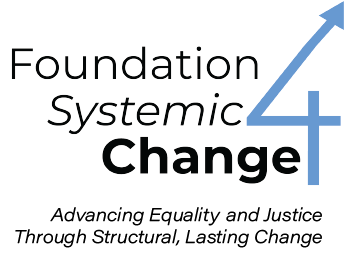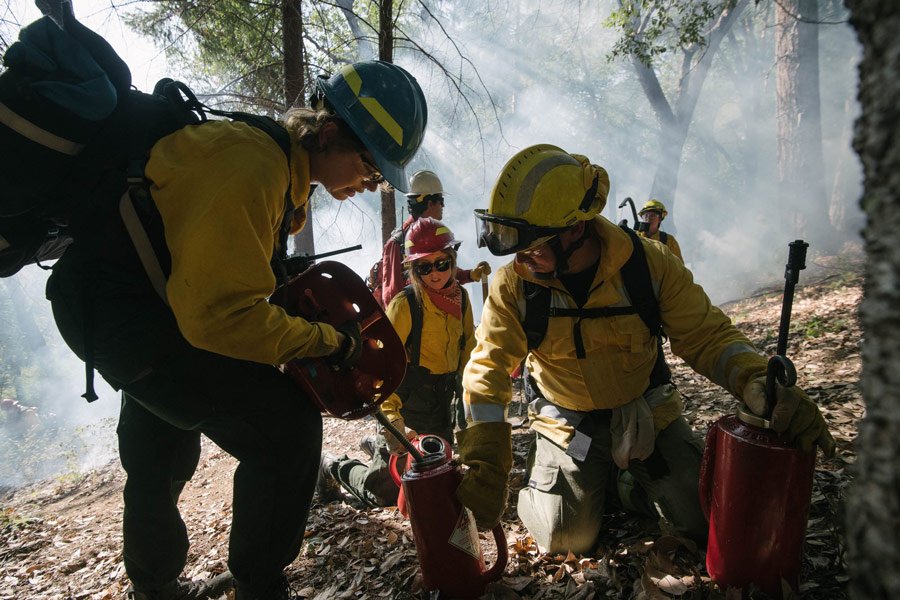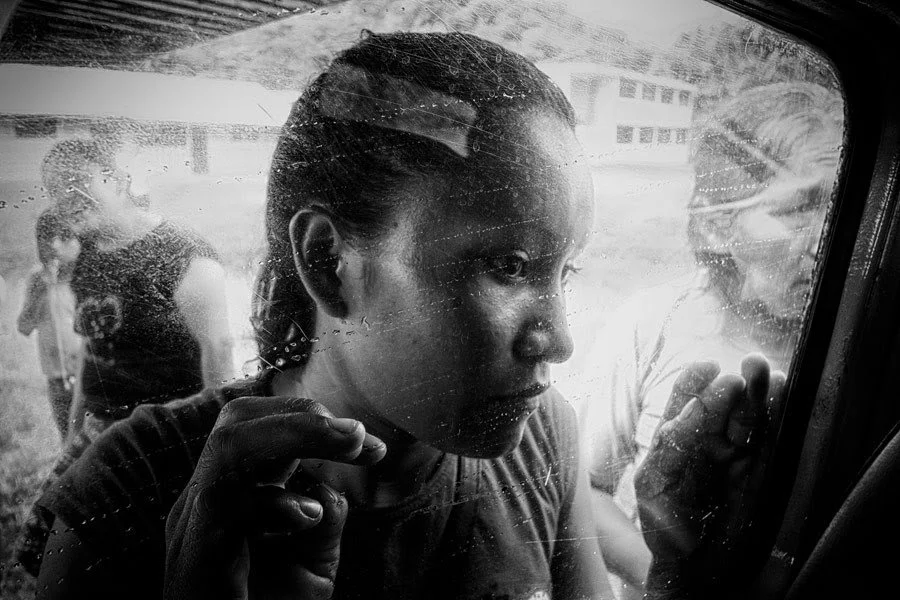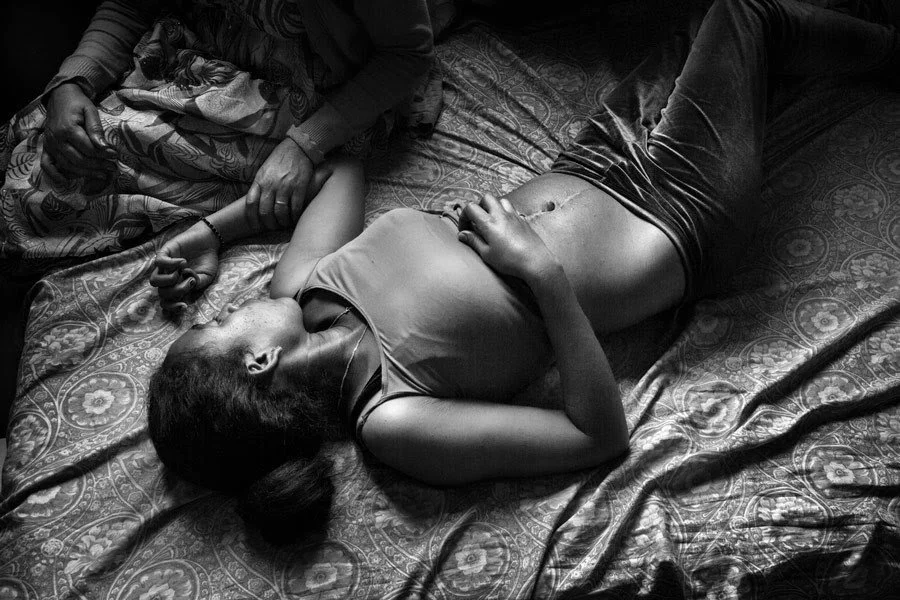Systemic Change Photography Prize
Kiliii Yuyan for Indigenous Fire, United States
First Place: ZEKE Award for Systemic Change
Nicola Ókin Frioli
Piatsaw: A Document on the Resistance of the Native Peoples of Ecuadorian Amazon Against Extractivism
Ecuador
This photo-documentary tells the story of the resistance that the Indigenous people of the Ecuadorian Amazon have waged against extractive companies that threaten their territories through continuous concessions and contamination caused by the oil company Texaco, during its presence in the country. In 1964, Texaco (now Chevron), arrived in Ecuador with a concession of 1.5 million hectares in the provinces of Sucumbíos and Orellana. At that time, they were extracting oil from the 450,000 hectares in their ownership. The oil giant admitted in court to having dumped 19 billion gallons of crude oil and harmful chemicals directly into unlined rivers and pools in a particularly biodiverse region of the Ecuadorian rainforest over decades. The inhabitants of the region suffered the consequences of extraction, their health and future were affected by contaminants present in the soil and groundwater, quantities exceeding permissible levels in Ecuador.
First Place: ZEKE Award for Documentary Photography
Cinzia Canneri
Women’s Body as a Battlefield
Ethiopia
The targeting of women’s bodies in times of war, but also in times of peace, has come to light as a systematic strategy that has been used by different actors in many different contexts worldwide. This project has analyzed the condition of Eritrean and Tigrinya women who moved across the borders of three countries geopolitically linked to one another: Eritrea, Ethiopia and Sudan. From 2017 to 2019, the work has documented Eritrean women fleeing from one of the most repressive regimes in the world and seeking refuge in Ethiopia. From November 2020, following the invasion of Tigray (Ethiopia) by the Ethiopian Federal Army supported by the Eritrean military forces and Amhara militia, the project’s focus has broadened to include also the Tigrinya women, who joined Eritrean women in their escape from Ethiopia to Sudan. In Tigray, the Eritrean army used sexual violence as a weapon of war against both Eritrean and Tigrinya women: to punish those fleeing their country in the former case, and as an act of extermination in the latter. The body of women became a battlefield on which there are no sides.
2023 Honorable Mentions
Mustafa Bilge Satkin. Drowned History. Turkey
Michael Snyder. The Queens of Queen City. Maryland, US
Nyani Quarmyne. Connecting the Caucasus. Georgia
2022 Winners
Giacomo d’Orlando for Nemo’s Garden, Italy
SDN will award two photographers the ZEKE Award for Systemic Change and a $2,500 honoraria to recognize their outstanding visual stories documenting systemic changes leading to sustainable solutions to important issues affecting the world today. We are particularly interested in the threat to democracy and solutions to this global crisis as well as related issues including human rights, global health, climate change, migration and refugees, conflict, race and gender, reproductive rights, sustainable farming practices, and others. We look to photographers to educate us as to what issues are most pressing and the change that is being done.
In partnership with Social Documentary Network (SDN), the FSC has created the Systemic Change Photography Prize for the 2nd year in a row.
2023 Winners
A woman of the Sapara people looks through the window of a small plane that has just landed in the Morete community, on the Kichwa territory of the Ecuadorian Amazon.
Addis Ababa, Ethiopia. October 31, 2017. Yohanna (22) lies next to her mother after having a kidney removed following being shot in her abdomen at the border in Shambuko , Eritrea.
Antonio Denti. The Longest Way Home. Vatican City and Canada
Jean Ross. Displaced. Georgia









